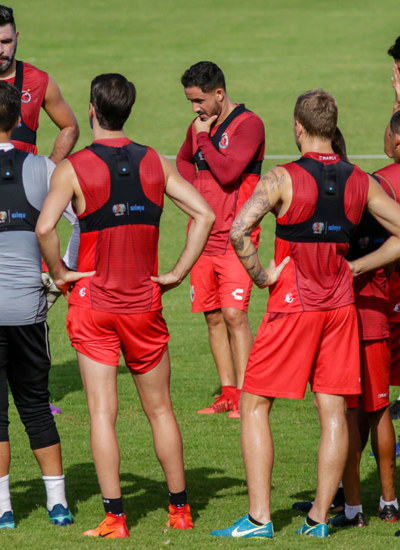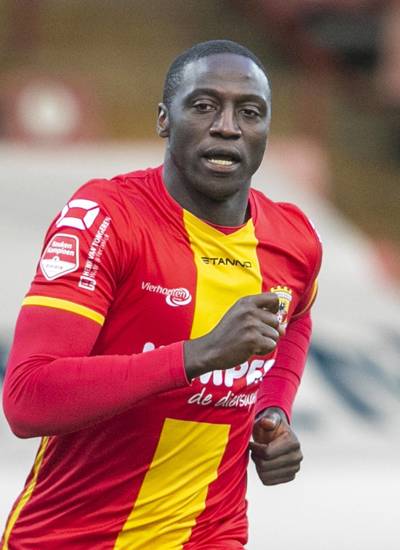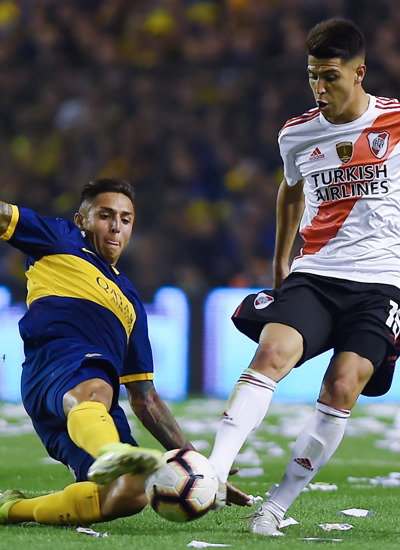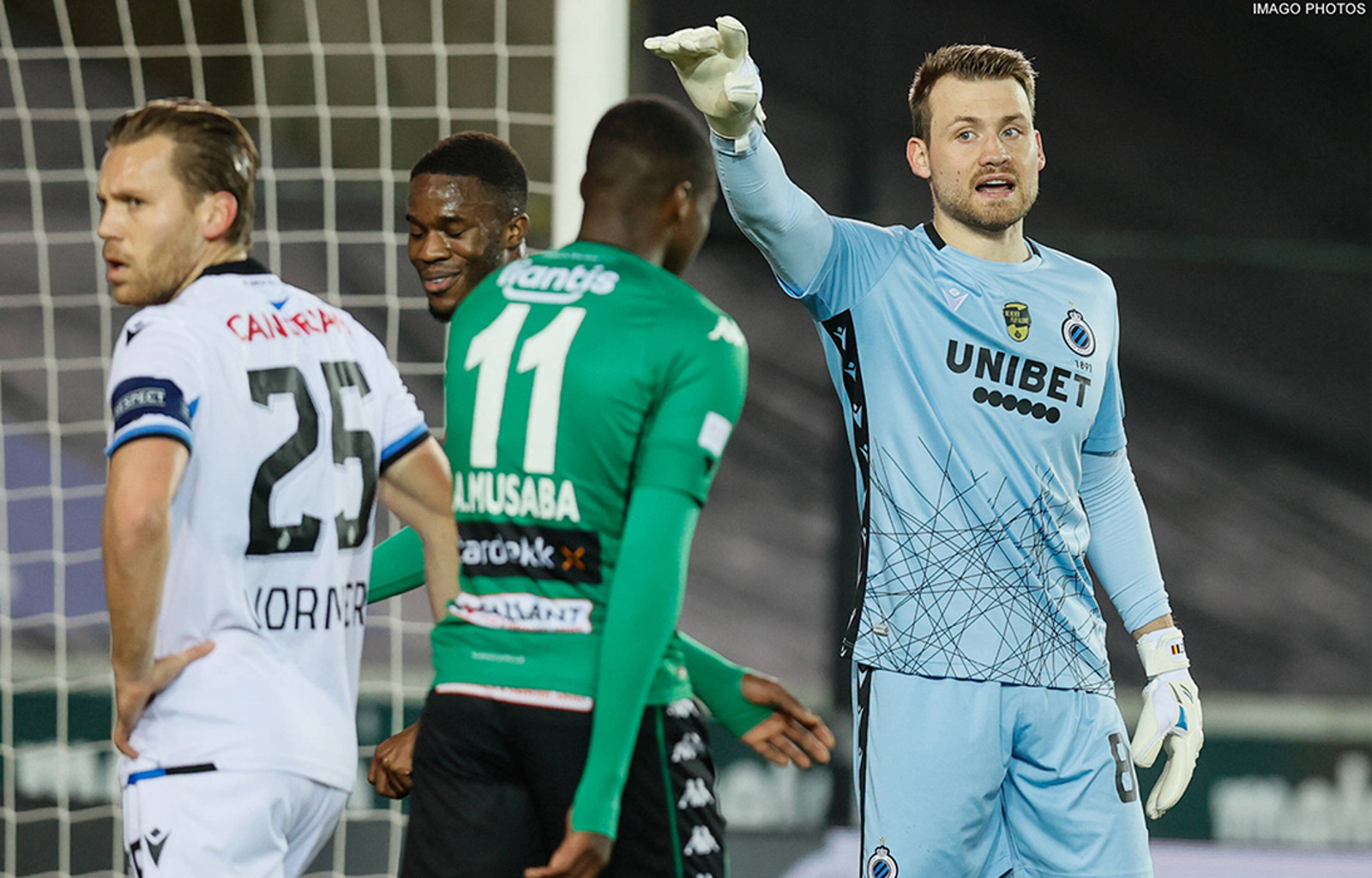
The goalkeeper for Belgium and Club Brugge says a new league format introduced in 2009 has made Belgian football more professional.
This is in line with FIFPRO’s Shaping Our Future report, which encourages innovation in order to provide quality and sustainable jobs for players.
“As a footballer you always want to play against the best at the highest level and in the best possible circumstances. I think most of the fans will think likewise,” Mignolet told FIFPRO.
When Mignolet made his debut in 2006, the Belgian top league had 18 teams playing a regular 34-round competition. Before the 2009-2010 season this format changed drastically, with a first phase consisting of 16 teams playing 30 home and away matches in total, and a second phase consisting of three groups:
- Play-off 1 including the six top teams, who played another 10 games for the title
- Play-off 2a and Play-off 2b both with six teams competing for a play-off match for European football and against relegation.
The idea was to improve the level of play, as players would be playing more close matches, and to increase revenue, as more people would be interested in the extra meetings between top-teams.
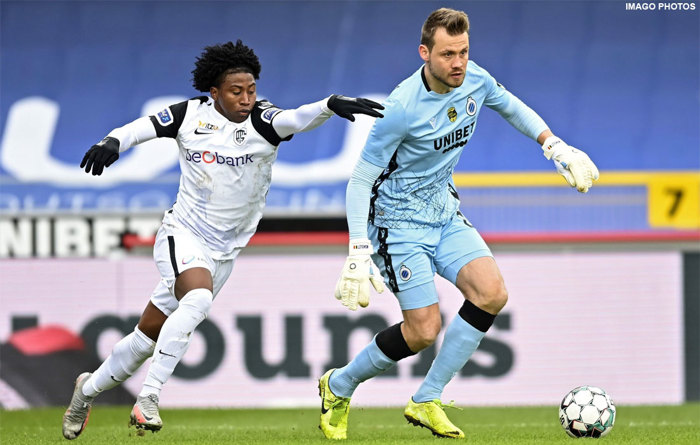
Mignolet noticed some changes. “Belgian football has become more professional,” the former Liverpool keeper said about the working conditions. “There used to be many problems with non-payment or teams unable to meet licensing criteria. And when I played in the second league in 2008-2009, we were competing against semi-professional teams. The second division is fully professional now.”
Salaries at the second level have risen significantly and clubs are making bigger investments.
The overall level of the Belgian first league has even surpassed the level of the Dutch league, Mignolet said. “We have the best team in our country, but each match we have to fight to win. There are no small teams anymore.”
In international football, Belgian clubs are performing better than in the five years before the competition change, while the national team is occupying the number 1 position on the FIFA Men’s Ranking since September 2018.
“I also think, people consider the Belgian league to be a good stepping stone for players.”
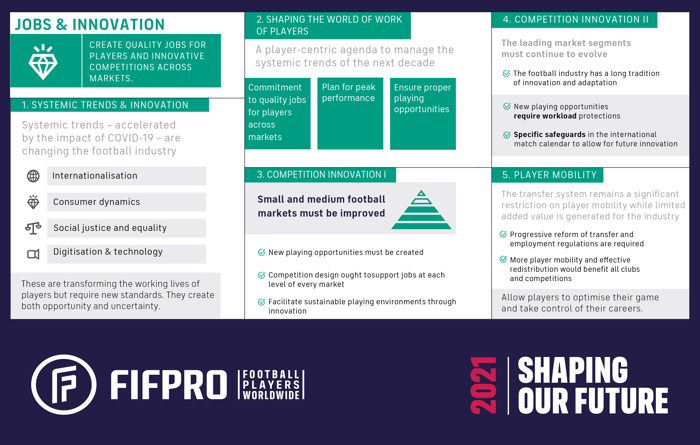
FIFPRO’s Shaping Our Future report says that it is important for football markets to be innovative in order to provide quality and sustainable jobs for players. The Belgian Pro-League is an example.
For years, Belgian and Dutch clubs are discussing the creation of a joint league: the BeNeLiga.
“As a professional league, it is good to ask yourself the question what the best format is. I don’t have the answer, but there will be various studies about this,” said Mignolet.
A study, ordered by the clubs, predicted a 300 million euro increase in revenue for the new league. Last month, the Belgian clubs declared that they unanimously support the new league. The Dutch clubs appear to be less enthusiastic.
“If you want to be successful at a European level, then you need to play in a league that approaches that level,” Mignolet said. “Belgian club football has improved, but I think there is still a difference with other countries. You can only elevate the level by playing in a more competitive league. It will improve the level in both Belgium and the Netherlands.”
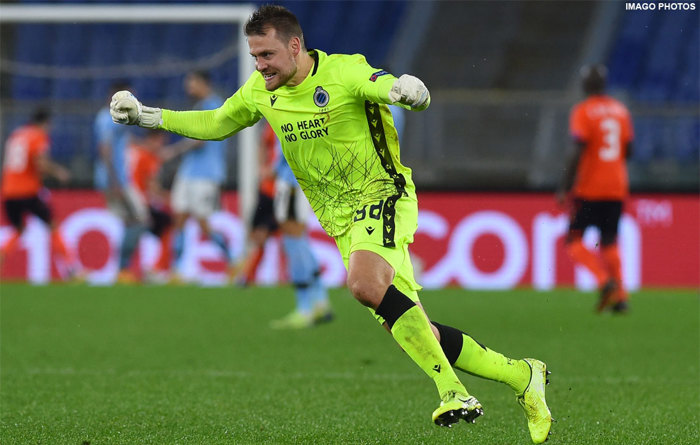
Such a new league doesn’t have to be detrimental for the smaller teams in both countries, according to Mignolet. “You shouldn’t take for granted that the bigger teams will usurp the smaller. However, you must create conditions to prevent that the smaller clubs are worse off.”
“If you create a league with the other teams that is professional and competitive and shares in revenue, then you are creating new opportunities for these clubs and players as well. Just look at the English Championship, which is one of the stronger leagues in Europe.”
Mignolet envisions a second league which acts as a developing league for the top league, to prevent that talented players are leaving Belgium at a very young age for academies abroad. “Our government should support clubs with creating new high level facilities, to convince talented players to stay in Belgium. If clubs can develop them and eventually receive a proper transfer fee, then that will help make clubs more sustainable,” said Mignolet, who himself moved from Sint-Truiden to Sunderland in 2010 for a 2.2 million euro fee.
The only thing that Mignolet does not appreciate, is that after the regular competition, the points’ total of all clubs is divided by two. Which for example means that this season, his team will see its 16-point lead reduced to an eight point advantage. “Then you get the feeling that the points you earned in the first half of the season are not worth that much. I don’t think that is fair. There must be a fairer way to keep the league exciting.”
